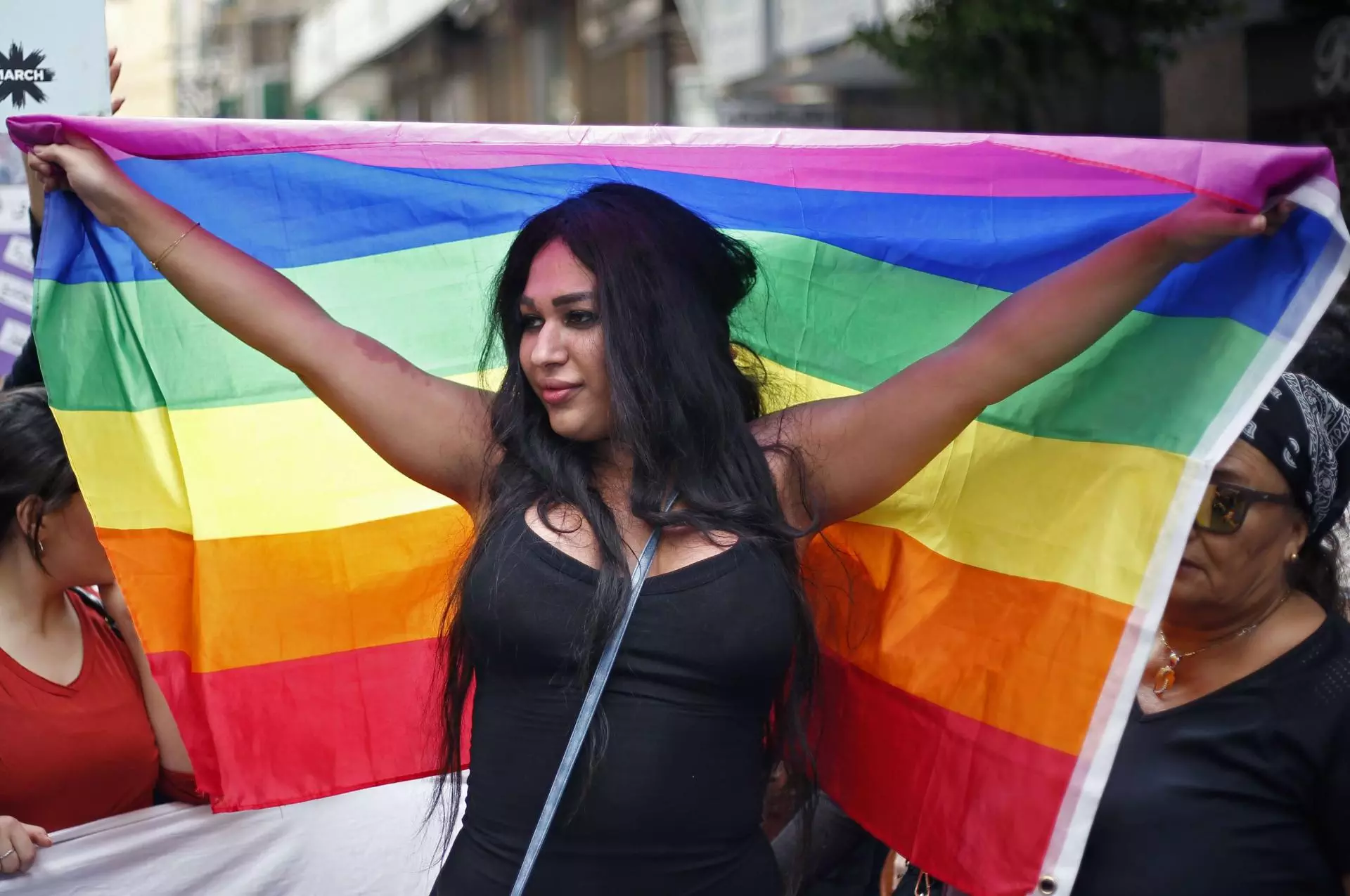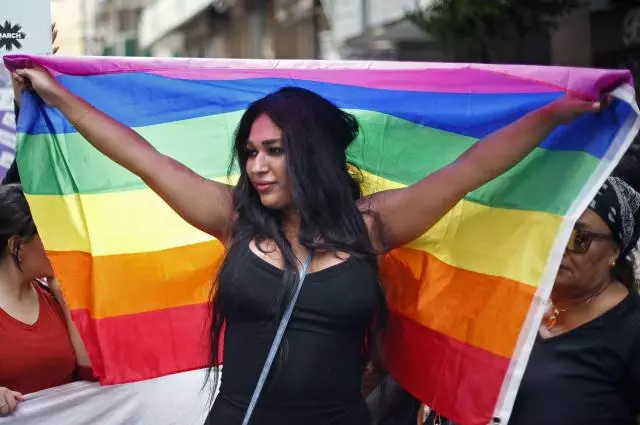
Hello, fellow adventurers! It’s RaeRae and Bo here, and as yesterday was Antwerp Pride, we want to talk about some of the vibrant landscape of queer life and queerness in Belgium. This is not just about our personal experiences; it’s about the broader history and context of LGBTQI+ rights in Belgium, the challenges we face, and the hope we hold for the future.

A Deeper Dive into the History of LGBTQI+ Rights in Belgium
Belgium’s journey towards LGBTQI+ rights has been a progressive one, marked by significant milestones that have shaped the country’s legal and social landscape. The country decriminalized homosexuality in 1795, during the period of French rule. However, it wasn’t until the late 20th century that Belgium began to take significant steps towards equality for LGBTQI+ individuals.
In 2003, Belgium became the second country in the world to legalize same-sex marriage. This was followed by the adoption of a comprehensive anti-discrimination law in 2007, which provided broad protections against discrimination based on sexual orientation and gender identity.
- The Transgender Law of 2018: A Major Step Forward
One of the most significant recent developments in Belgium’s LGBTQI+ rights journey is the Transgender Law of 2018. This law made it easier for transgender individuals to change their legal gender. Prior to this law, transgender individuals were required to undergo sterilization and medical procedures before they could change their legal gender. The 2018 law removed these requirements, making the process more respectful of transgender individuals’ rights and dignity.
The law also allowed for the recognition of a third gender, marked as “X” on identity documents. This was a significant step towards recognizing and respecting the identities of non-binary and gender-diverse individuals.
- Removing the Gender Marker from ID Cards: A Progressive Move
In another progressive move, Belgium recently decided to remove the gender marker from ID cards. This decision, set to be implemented by 2023, is aimed at respecting the privacy of individuals and acknowledging the diversity of gender identities. It’s a significant step towards reducing discrimination and violence against transgender and non-binary individuals, who often face challenges and risks when their ID cards do not match their gender identity or expression.
These recent changes reflect Belgium’s commitment to promoting and protecting LGBTQI+ rights. They represent significant progress towards a more inclusive and equitable society where all individuals, regardless of their sexual orientation or gender identity, are respected and protected.
- More love: A Rise in Pride Marches

In the last years, and despite the rise of far right (more on that later), Belgium has seen a rise in pride marches. In addition to the Belgian Pride (now Brussels Pride) there are also prides in Antwerpen, Gent, Namur, Charleroi. There is also a Trans March which has taken place in Brussels.
Belgium’s Anti-Discrimination Laws: A Beacon of Hope
Belgium’s anti-discrimination laws are among the strongest in Europe. In Belgium the current anti-discrimination law protects individual in accordance to 19 criteria! These laws protect LGBTQI+ individuals from discrimination in various areas, including employment, housing, and public services. This legal framework provides a significant level of protection for queer individuals and is a testament to Belgium’s commitment to equality and human rights.
Intersectional Oppression: The Challenges Queer Individuals Face
Despite these legal protections, queer individuals in Belgium, particularly those facing intersectional oppression, often face challenges. Intersectionality refers to the interconnected nature of social/colonial categorisations such as race, class, and gender. This creates overlapping and interdependent systems of discrimination and oppression.
For queer individuals who also identify as people of colour, disabled, or belong to other marginalized groups, the experience can be even more complex. Sometimes, they have to choose between different aspects of their identity because legislation doesn’t safeguard it in its entirety. For instance, a queer person of colour might face racism within the LGBTQI+ community and homophobia within their racial or ethnic community.
The Rise of the Far Right: A Cause for Concern
In recent years, the rise of the far right has posed a significant challenge to LGBTQI+ rights in Belgium. Far-right and center right groups often oppose LGBTQI+ rights and promote homophobic and transphobic rhetoric. This political climate can create a hostile environment for queer individuals and can undermine the progress made towards equality.
A Hopeful Continuation: The Push for More Pro-LGBTQI+ Legislation
Despite these challenges, there is a reason for hope. Belgium continues to push for more pro-LGBTQI+ legislation, demonstrating a commitment to improving the lives of queer individuals. Recent initiatives have focused on improving legal protections for transgender and non-binary individuals, promoting LGBTQI+ inclusive education, combating hate crimes and discrimination, and ensuring intersex children’s and individuals’ right to body autonomy and self justification.
While there is still work to be done, these efforts are a testament to Belgium’s commitment to LGBTQI+ rights. They provide hope for a future where all queer individuals in Belgium can live openly, authentically, and freely, without fear of discrimination or violence.
Embracing Queerness in Belgium
So, what does it mean to be queer in Belgium? It means navigating a complex landscape of history, legislation, and social attitudes. It means facing challenges, but also celebrating progress. But it also means holding onto hope, even in the face of adversity.

Being queer in Belgium is not always easy, but it’s a journey we are proud to be on. And as the push for equality and justice continues, we remain hopeful for the future. We believe in a Belgium that celebrates diversity, champions equality, and protects the rights of all its citizens. Regardless of who they love or how they identify.
#QueerInBelgium #LGBTQIRights #Intersectionality #HopeForTheFuture
Don’t forget to subscribe to our blog and follow us on our social media platforms for more updates on our adventures. See you in the next post!


